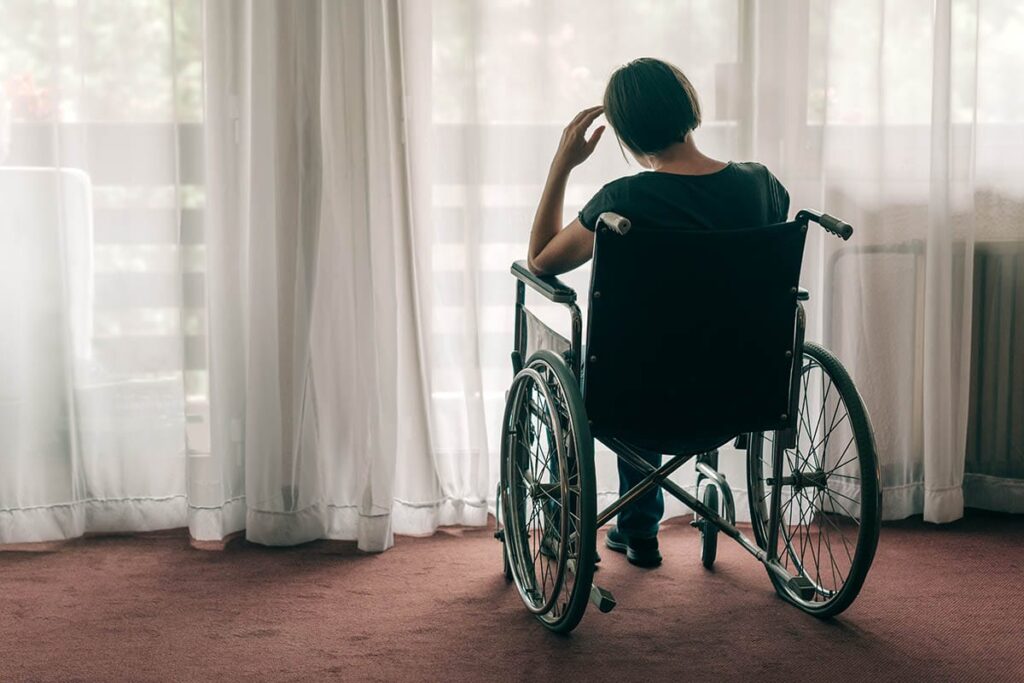Mental Health Challenges in the World of Disability: A Journey of Resilience Towards Overcoming
Mental Health Challenges in the World of Disability: A Journey of Resilience Towards Overcoming
Disability is not merely a physical or sensory condition that limits an individual’s abilities; it is also a complex journey often intertwined with profound psychological challenges that can significantly impact the quality of life for people with disabilities. In many societies, disability is still viewed through a lens of deficit, generating additional psychological pressures such as social stigma, feelings of inferiority, isolation, and at times, despair. Understanding these challenges and how to address them is not a luxury, but an absolute necessity to empower people with disabilities to live dignified and fulfilling lives.
The psychological suffering of people with disabilities manifests in various forms. Many face feelings of frustration and anxiety due to physical or sensory limitations that prevent them from performing certain activities with ease, affecting their independence. This can escalate into depression, especially when they encounter difficulties integrating into society or find limited opportunities in education and employment. Moreover, social stigma and discrimination pose an immense psychological burden. They may be subjected to pitying glances or differential treatment, fostering feelings of isolation and inadequacy, and sometimes leading to withdrawal and avoidance of social interactions. It is not uncommon for their self-image and self-confidence to be affected, particularly during childhood and adolescence, when identity is being formed.

These challenges are exacerbated when community or family support is insufficient, or when the surrounding environment lacks adequate awareness of their psychological needs. Chronic physical pain that may accompany some disabilities adds to the psychological burden, trapping individuals in a vicious cycle of physical and mental suffering. Some may even experience post-traumatic stress disorder (PTSD) if their disability resulted from a sudden accident, necessitating intensive psychological support to help them overcome the traumatic experience and adapt to their new reality.
To overcome these mental health challenges, a comprehensive and integrated approach is essential, built upon several key pillars. Firstly, psychological and social support is the cornerstone of this process. This includes providing individual or group psychotherapy sessions with specialists, where people with disabilities can express their feelings and receive the necessary tools to cope. Joining support groups and forums that bring together individuals sharing similar circumstances also enhances their sense of belonging and allows for the exchange of experiences and inspiration.
Secondly, family and close social circles play a vital role in building an individual’s self-confidence and enhancing their self-esteem. Family support must be based on unconditional acceptance, encouragement of independence, and the provision of a positive environment free from excessive pity or overprotection. Thirdly, the importance of community awareness and combating stigma cannot be overlooked. Societies that embrace a culture of inclusion and diversity contribute significantly to alleviating psychological pressures on people with disabilities by providing equal opportunities in education, employment, and social participation, and by transforming negative perceptions of disability into sources of strength and inspiration.
Finally, true triumph lies in an individual’s ability to develop psychological resilience, set goals aligned with their capabilities, and focus on strengths rather than limitations. Engaging in activities that ignite passion, developing new skills, and contributing to society in any possible way are all factors that foster a sense of accomplishment and self-worth. The journey of overcoming mental health challenges for people with disabilities is one of resilience and determination, requiring concerted individual and societal efforts to create a supportive environment that enables them to thrive and realize their full potential.

